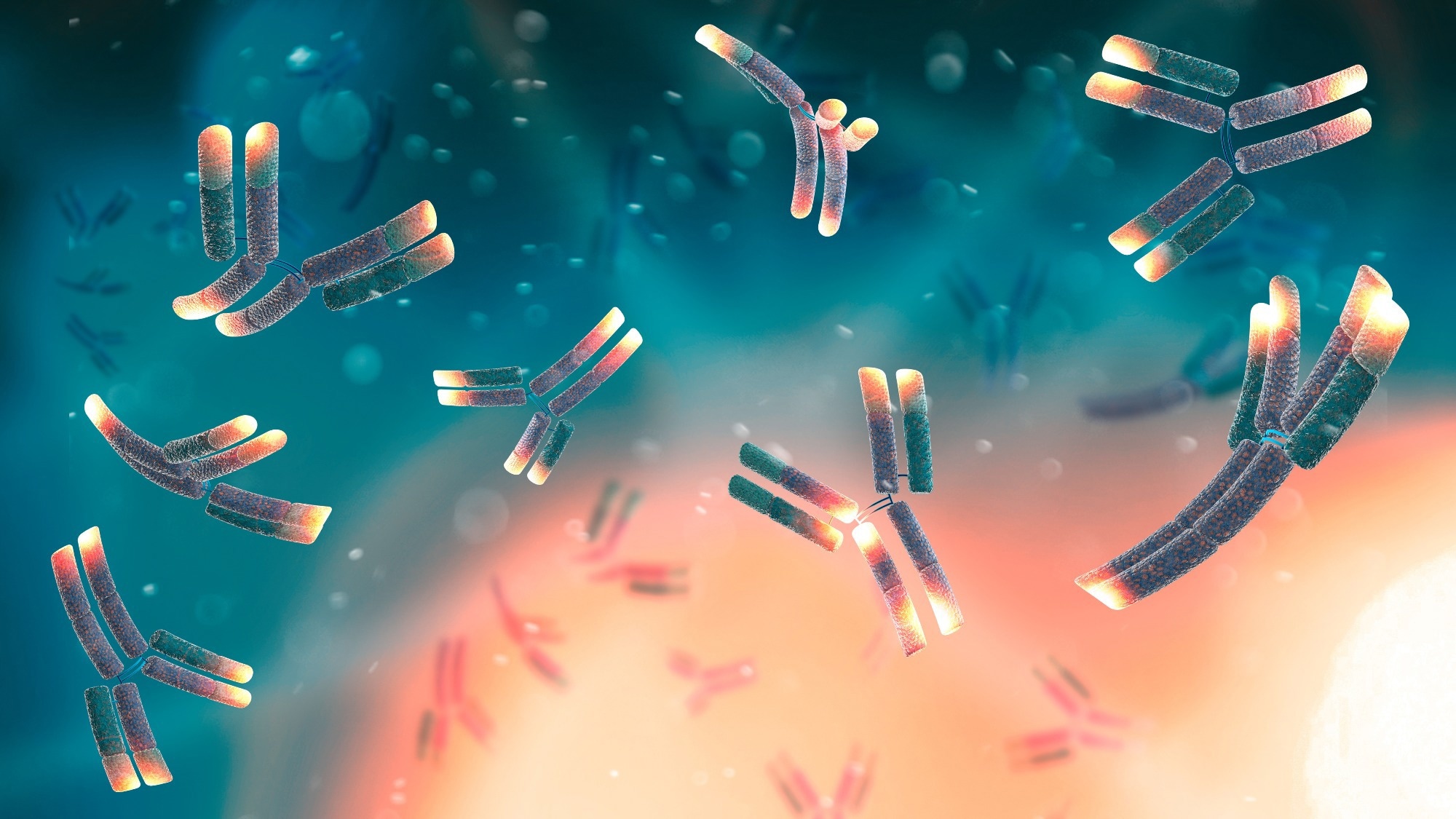In a recent Journal of General Virology journal study, scientists discuss the benefits of shifting the global influenza vaccination system to a messenger ribonucleic acid (mRNA)-based platform, as this could enable better control over the product and elicit better immune responses. Herein, the researchers also highlight the possibility of developing a universal vaccine against the influenza virus.
Study: Message in a bottle: mRNA vaccination for influenza. Image Credit: Mike Mareen / Shutterstock.com
Background
Research on influenza vaccines is an active area, as these vaccines must be updated to account for constantly changing viruses, such as the recently discovered influenza A viruses (IAVs). Current influenza vaccines protect against both IAVs and influenza B viruses (IBVs) and are recommended to be administered annually, as they are essential to control influenza pandemics. The three types of influenza vaccines currently include inactivated, live-attenuated, and recombinant vaccines.
Vaccine effectiveness may be reduced owing to a mismatch between the vaccines and prevalent strains. Additionally, for high-risk groups such as immunocompromised individuals and older adults, the immunogenicity of current vaccines is low. As a result, the World Health Organization (WHO) prioritizes the development of vaccines that elicit stronger and longer-lasting immunity that are also safe and affordable.
One alternative approach is mRNA-based vaccines, which rose in prominence during the coronavirus disease 2019 (COVID-19) pandemic. More specifically, both the Moderna mRNA-1273 and Pfizer-BioNTech BNT162b2 are based on mRNA technology, wherein transcripts encoding the viral protein to cells are delivered by mRNA vaccines. The cells then use their machinery to synthesize and express these proteins, thus mimicking an infection without actually using an infectious virus.
In 2012, researchers developed mRNA vaccines against many IAV subtypes that were immunogenic and protective against heterologous and matched challenges. Since the success of mRNA vaccines during the current pandemic, the development of a new generation of influenza vaccines should be carefully considered.
Manufacturing and distribution of mRNA vaccines
A vaccine platform, such as one that is based on mRNA technology that would allow faster formulation and deployment in the event of an influenza pandemic is required. There is also a potential advantage of finer geographic resolution with mRNA vaccines.
After the development of a suitable mRNA template, the protein-coding region could be replaced, thereby allowing for geographical customization. Adapting vaccine deployment to specific regions would be made easy with a faster production system, which could potentially improve effectiveness.
The immunogenicity of mRNA vaccines
Both RNA and delivery vehicles exhibit intrinsic immunogenicity. By triggering pattern recognition receptors within cells, synthetic RNA leads to the production of type one interferon (IFN).
Notably, mRNA can act as an adjuvant and, as a result, precipitate a potent immune response. However, scientists have cautioned that this property could also limit the development of safe and effective vaccines due to the targeted destruction and reactogenicity of mRNAs ahead of optimal translation.
By using manipulatable immunogenicity determinants, the mRNA platform provides a viable opportunity to augment the longevity of antigen present in the vaccine by using self-amplifying mRNA vaccines. This method has already been used with many viruses, including SARS-CoV-2.
The commonly used influenza vaccines are non-adjuvanted; however, such vaccines are used for individuals 65 years or older. Furthermore, these vaccines could also help address concerns with recombinant vaccines.
Potential barriers and future for mRNA vaccines
As observed in the context of SARS-CoV-2, vaccine hesitancy and misinformation led to significant challenges in terms of deployment in many countries, despite an adequate supply of vaccines. Furthermore, selective vaccine uptake is likely to affect public perception of future mRNA formulations.
Influenza vaccines are unequally distributed, with 95% going to Europe, the Americas, and the West Pacific in 2015; however, these regions house only 50% of the global population. These inequalities should be corrected with the development of an inexpensive, safe, fast, and easily transportable vaccine system.
Nevertheless, the challenges surrounding the adequate storage issue of mRNA vaccines must still be resolved, as current influenza vaccines must only be stored at 4 °C. Ultimately, the elimination of cold storage would help vaccine distribution in low-income and rural areas.
Journal reference:
- Shartouny, R.J. & Lowen, C.A. (2022) Message in a bottle: mRNA vaccination for influenza. Journal of General Virology 103(7). doi:10.1099/jgv.0.001765.













